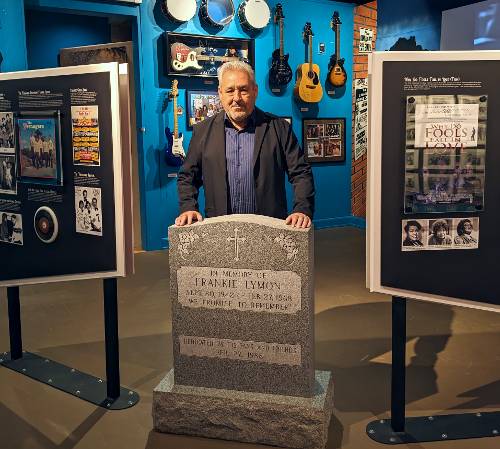Dr. J's Blog

Rock and Roll History, News & Views
- Not Only Women Bleed - Sex, Drugs, and "Rock And Roll Music" in Digital
- The Bay City Boy Who Shot Buddy Holly (in color)
- Free John Sinclair (Revisited)
- Best Albums of 2011: Two Views
- Tommy James: Michigan's Favorite Son
- Nugent Rocks The River Roar
- Return Of ? And The Mysterians
- Roll-Air, Band Canyon, and a Not-So-Great Idea
- Madonna Misconstrued In Bay City
- Charlie Brunner: Rock and Roll Mayor

